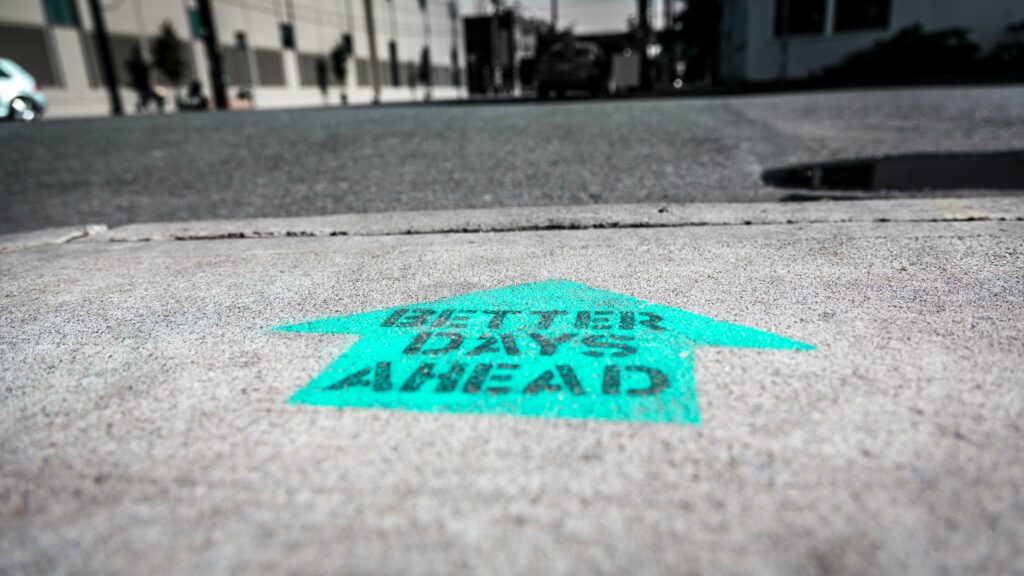The nature of my personality is such that I often write these blog posts several weeks, or in this case, almost two months in advance. This is because I like to build in slack for vacations, holidays, and rest. I share this at the outset of today’s post because my thoughts currently are on the (now) recent tragic shootings in Buffalo, New York, and Uvalde, Texas.
One of the things that have struck me this past week is how quickly leaders have jumped to potential solutions for how we have gotten to where we are. What follows are not solutions but a potential path forward for leaders to think about and care for those they lead.
Be Silent
As a refresher, I believe leadership is the process of doing things with and through other people. This requires influence. Used positively, influence makes someone worth following. Without followers, you are not a leader.
One concern I have about political leadership is that we don’t allow folks time to think before they speak. Instead, we expect them to make immediate statements — and they are often reactionary and emotional, occasionally harmful, and usually divisive.
As counterintuitive as this may sound, silence allows one to process. Deep thinking is power. From a political leadership standpoint, it is socially unacceptable to be silent in a 24/7 news cycle. But this is one of the reasons our words are so weak and un-transformational.
Silence allows us to consider the gravity of what has happened. It forces us to think past simplistic solutions. It forces us to deal with grief, lamentation, and sadness. It forces us to be human in the truest sense of the word.
Leaders, if we are to positively influence and work with others who see the world differently than we do, we must approach situations from the depths that only silence can provide. Only by taking a moment to be silent can we get in touch with what is happening inside us. Only silence can introduce us to what we think, feel, or believe.
Repent
I am tempted to use a different word here because “repent” might be viewed negatively given its religious connotations, but no better word applies.
Repent simply means to turn around. In the Christian sense, it means that we are walking in the wrong direction, so it is time to turn around and walk towards Christ.
Please hear me when I say I am walking in the wrong direction.
This is not some attempt to “humble brag” but a true confession, an admission that I am walking in the wrong direction. In a world this divisive, this violent, this tragic? I ask for forgiveness for every useless, angry, and prideful thing I have said. Forgive me for what I have failed to do out of convenience to myself. Forgive me for how I failed to lead, and worse, failed to love.
I realize that I have a long way to go. And I desperately need my Savior. Any conversation about “where do we go from here” has to start with the knowledge that I am part of the problem. Anything that points to “them,” “that group,” or “those people” is not going to change anything. The only person I can change, with God’s help, is myself.
Live Life
Jesus said he came to give us life, life to the full (John 10:10).
Jesus also said that in this world there would be trouble (John 16:33).
If you know anything about Jesus, you know that he was arrested, beaten, and crucified. God’s perfect son faced humanity’s wrath and alienation from his Father.
I point the above out because when tragic events happen, some doubt the goodness of God. This is fair. In fact, if that is you, I would invite you to read deeply of his Word and seek what God’s Word (not commentators, pastors, or anyone else for that matter, especially me!) has to say about suffering, sin, and love. I am not here to proselytize, only share. To that end, and only that end, I have discovered that Jesus’ words above are the Truth.
Given the Truth that I follow, I mourn with those who mourn and rejoice with those who rejoice. Last week I drove 90 minutes to the city to attend a wake for one of our team members who lost their father. The next day, I celebrated another team member at their retirement party, thanking them for their 30+ years of service. This duality is life.
This world is full of trouble and grief. It is also full of laughter, love, and joy. In the middle, we (at Hoffer Plastics) are to do meaningful work by manufacturing plastic parts that contribute to the livelihoods of millions. All this is life.
To this end, I will close with a gentle admonition. To be someone worth following, we have to be the kind of people who unite rather than those who divide. To this end, I put forth what I have mentioned above.
“Above all, love each other deeply, because love covers over a multitude of sins” (1 Peter 4:8).
We cannot give what we do not possess.
I am loved greatly because I have sinned greatly.
I am part of the problem.
When I love others, I am part of the solution.
Thanks be to God for his love that allows me to love.










